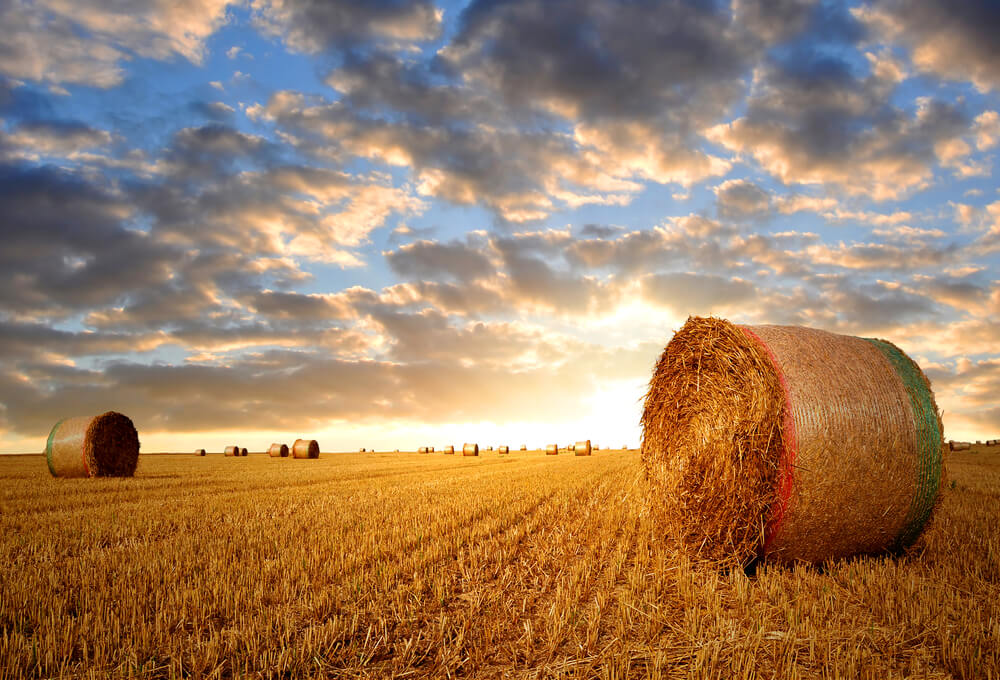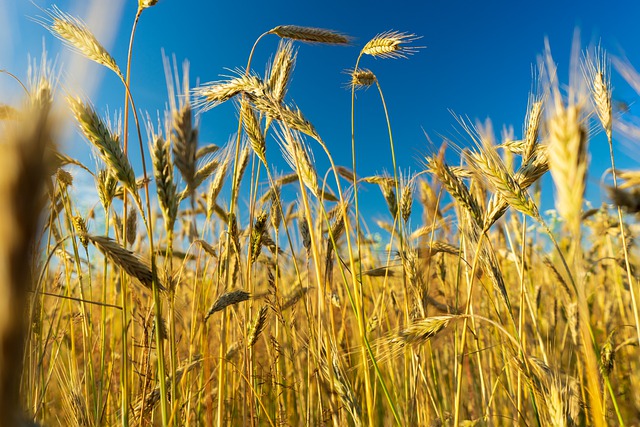In an era where the effects of climate change and environmental degradation are becoming increasingly evident, the importance of sustainable practices in every industry, including agriculture, cannot be overstated. Farmers around the world are recognizing the urgent need to adopt more responsible approaches to harvesting that not only ensure robust yields but also minimize negative impacts on the environment. This article delves into the realm of sustainable harvesting practices, focusing on how farmers are leveraging advanced technologies, such as combine harvesters, to reduce soil compaction, conserve fuel, and lower the overall environmental footprint of their operations.
The Conundrum of Conventional Harvesting: Historically, traditional farming practices often emphasized maximizing productivity without giving due consideration to the long-term consequences for the soil and the environment. Conventional harvesting methods, including large-scale machinery, have contributed to soil compaction, excessive fuel consumption, and substantial greenhouse gas emissions.

Sustainable Harvesting as the Solution: The shift towards sustainable harvesting practices signifies a paradigm change in agriculture. Sustainable harvesting aims to strike a balance between productivity and environmental preservation, ensuring that future generations will inherit fertile lands capable of sustaining agricultural needs.
Minimizing Soil Compaction: Soil compaction, a result of heavy machinery compressing the soil structure, diminishes its ability to hold water and nutrients. Sustainable harvesting practices focus on mitigating soil compaction by using lighter equipment and reducing the frequency of passes over the fields. Farmers are now opting for narrower tires, tracks, and innovative machinery designs that distribute weight more evenly, preserving the soil’s natural porosity and fertility.
Reducing Fuel Consumption and Emissions: Excessive fuel consumption not only drives up operational costs but also contributes to air pollution and climate change. Sustainable harvesting practices encourage the use of precision technology to optimize routes, minimize overlap, and reduce fuel usage. Modern combine harvesters are equipped with GPS-guided systems that enable operators to navigate fields more efficiently, avoiding unnecessary fuel consumption and emissions.
The Role of Combine Technology: Combine harvesters, often considered the workhorses of modern agriculture, play a pivotal role in sustainable harvesting. Advanced technology integration has revolutionized the way farmers approach their operations. Combines equipped with yield monitors, for instance, help farmers identify areas with variable crop density, allowing them to adjust harvesting strategies accordingly. By adapting their techniques, farmers can reduce waste and ensure optimal resource utilization.
Precision Agriculture for Sustainable Harvesting: Precision agriculture technologies, including sensors, drones, and data analytics, are being harnessed to make harvesting more environmentally responsible. Soil moisture sensors provide real-time data, enabling farmers to make informed decisions about when to harvest based on optimal moisture levels. Drones equipped with multispectral cameras help detect crop stress and guide targeted interventions, reducing the need for widespread chemical applications.

Conclusion: Nurturing the Land for Future Generations: Sustainable harvesting practices are emblematic of a collective effort to redefine the way agriculture interacts with the environment. Farmers are embracing innovative technologies, like precision agriculture and advanced combine systems, to strike a harmonious balance between productivity and sustainability. By minimizing soil compaction, reducing fuel consumption, and harnessing modern technology, farmers are not only safeguarding their livelihoods but also demonstrating their commitment to preserving the land for generations to come. As we navigate the challenges of a changing climate, the adoption of sustainable harvesting practices offers a hopeful path toward a more resilient and environmentally conscious agricultural future.
